Alongside best underground utility locator equipment before beginning an outdoor excavation or construction project, is essential that you contract a professional surveyor to identify and mark underground utilities and boundaries. For the effectiveness and safety of your crew, it is crucial that you invest in a reliable.
Being such an important investment, you do not want to make wild guesses when buying this equipment. To save you some time and money, we have prepared this utility locator shopping guide. To learn everything you need in order to purchase the best underground utility locator, read on.
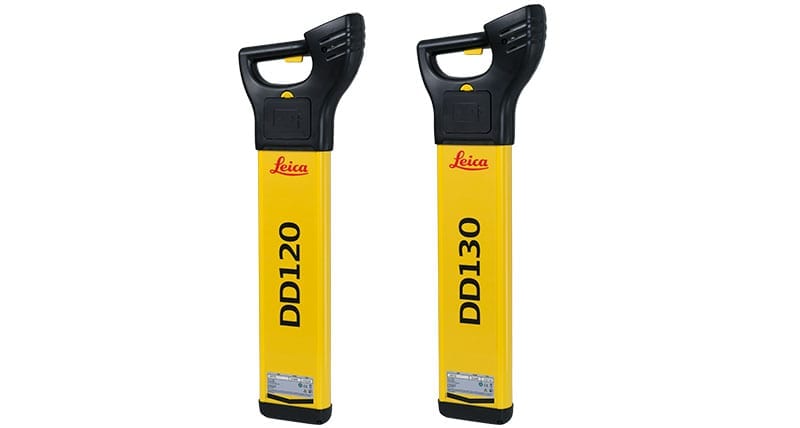
When executing a construction or excavation site, you will need to be extra careful to avoid damaging utility lines buried underneath the property. From gas to cable to sewer, to water, damaging a utility line can be an expensive mistake, not to mention time-consuming.
Before commencing your construction project, take time to contact a seasoned surveyor to mark out every utility line crossing through the property. However, there is some bad news – even after a professional has marked out the utility lines, there is no sure way to ascertain the accuracy.
If there happens to be any form of interference, the reading will be impacted, and the state surveyors often overlook private utility lines. To enhance accuracy and promote safety, it is advisable that you invest in good underground utility locator equipment. This technology will help you double-check your readings and markings. This, in turn, minimizes the chances of making potentially costly and hazardous errors.
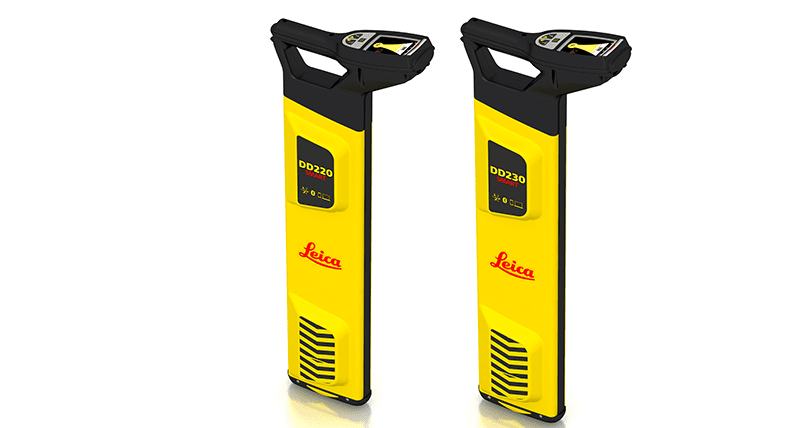
This equipment can use either of the two possible techniques – passive or active locating. An active utility line locator works by searching for the specific utility line through a direct connection or inductive method. The equipment is attached to the utility line directly, and when that is not possible, it induces frequencies into the ground, and those frequencies are reradiated by the utility lines.
On the other hand, passive locators are used to finding unknown utility lines. The surveyor uses a frequency received to sweep through your site, checking for underground pipes radiating frequencies.
The only downside to the passive line locator is that the equipment does not distinguish between the various types of pipes. With such equipment, you will not be able to tell the type of pipe buried beneath your construction site – whether it’s cable, water, gas, or sewer.
With that said, you can now tell why it is important to choose the most appropriate utility line detection technology for your project. There are typically two types of underground pipe locator technologies – multiple frequency and single frequency. Both technologies apply ground-penetrating radar to detect objects underground.
The single frequency locator is the traditional option and consists of a single transmitter that produces one high-frequency signal. Multiple frequency locators produce more frequencies, and this enables you to make clear distinctions between different utility lines in your site.
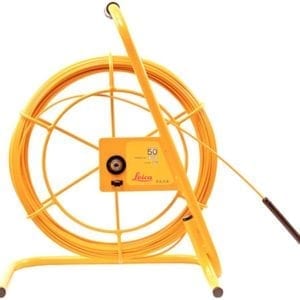
Underground pipe detection equipment is necessary when preparing to execute a construction site. The state’s contractor will do you quite well but having your own underground pipe locator allows you to double-check the markings. The equipment will save you the expense and trouble of having to call the state contractor again in case anything went south.
With your own equipment, you can easily detect private utility lines. The state contractor is likely to only mark well-known lines, overlooking private ones. Locating all power, gas, water, or cable lines crossing through your property is important before starting your construction or excavation project.
Detectable Objects
Utility line detecting equipment is generally grouped by use-case. There are magnetic locators, for instance, which are used to detect ferromagnetic underground pipes. The magnetic locator will also detect gas valves, septic tanks, and steel property pins.
A magnetic detector is, however, not ideal for locating underground utility lines such as water, power, and gas lines. A Pipe and cable detector is the most appropriate equipment for locating these lines. It will not only detect the lines but will also distinguish between the various types of lines.
Pipe and cable locators have two major parts – the receiver and the transmitter. The latter induces a signal into the ground, targeting any utility line beneath, and the former is used to trace the signal.
You can use an underground line locator to find buried utility lines of metallic construction. The equipment can also locate non-metallic utility lines as long as there is a tracer wire alongside them.
When it comes to locating utility lines, a piece of reliable equipment will make all the difference. You will need to pay attention to the intended use when shopping for a pipe detector for one that is ideal for one application may not be ideal for all other applications.
Below are some of the factors you should consider when buying cable and pipe locators:
1. Durability
Whatever equipment you buy should be capable of withstanding the nature of your site and handling rough operations.
2. Technology
Utility pipe locators use different ground penetration technologies, and it is, therefore, necessary that you decide whether you need a multi-frequency or single frequency or a magnetic pipe locator.
3. Warranty
If you intend to buy this equipment, make sure you purchase one that is protected by a genuine warranty. You should go through the warrant to familiarize yourself with what is covered.
4. Ease of Operation
The equipment should be easy to operate without too many instructions. The display should be easy-to-read.
5. Accessories
Great equipment will come with relevant accessories such as rechargeable batteries, connector cables, and clamps.
6. Price
High-quality locators are available at an affordable price. However, there is a reason why I have listed price as the last factor; you should not shop based on price alone.
Take Action Today
The secret to doing a great job is having the right tools for the job. With a high-quality cable locator, you have the power of ground penetration radar in your hands. Contact us for affordable prices and quality equipment. Quinn Equipment is an excellent provider of rotary laser levels.
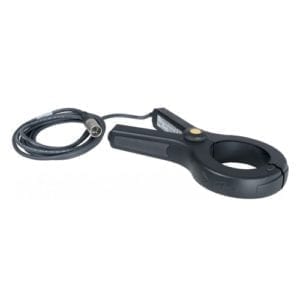
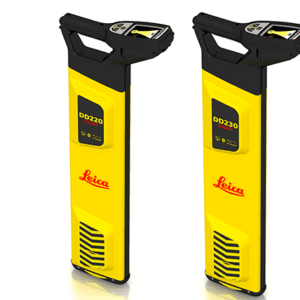

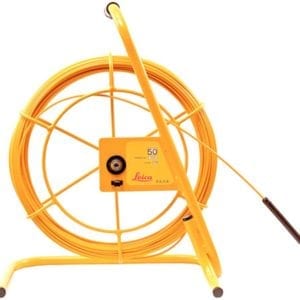
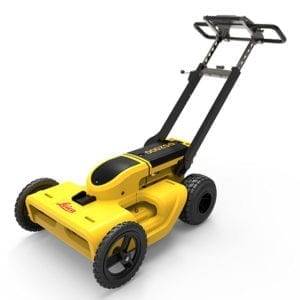
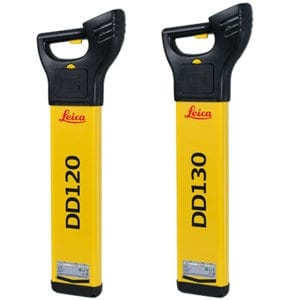
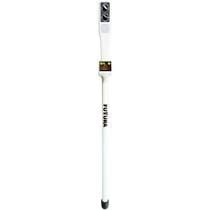

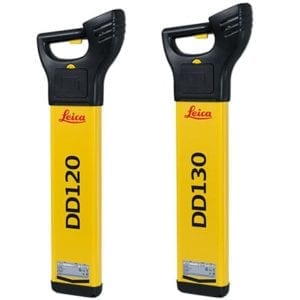

Leaving so soon?
Get Your Free Ultimate Buyer's Guide to Total Stations!
Unlock expert insights and make the right choice for your construction layout needs.
